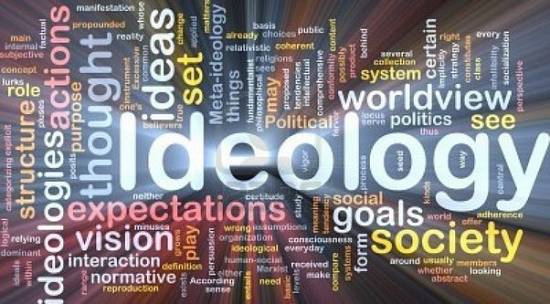
Multiple-Choice Questions.
To assess your knowledge and skills in government and politics, answer these sample multiple-choice questions. Here are some questions much like you might see on the national AP exam regarding ideology and voting tendencies. The correct answers will appear below the questions after a brief delay.
1. Which of the following is an accurate comparison of contemporary conservative and liberal political views?
|
Conservative |
Liberal |
|
| (A) | Believes government should do less | Believes in expanding government’s role |
| (B) | Desires a strict approach to law enforcement | Strongly favors the death penalty |
| (C) | Believes in an increases in minimum wage | Accepts higher taxes for more government services |
| (D) | Accepts use of quotas in hiring and admissions | Believes in a meritocracy and blind hiring |
2. Henry attended the University of Connecticut, is a member of St. Margaret’s Cathedral, and is a member of the local Brotherhood of Electricians. How will he vote in the next election?
(A) He will vote for the Republican candidates
(B) He will vote in the presidential race, but not in the local races
(C) He will vote for the Democratic candidates
(D) He will vote for the Republicans on fiscal issues and the Democrats on political issues
Party Identification and Ideology
| Party ID | |
| Democrat | 37% |
| Republican | 33% |
| Independent | 30% |
| Ideology | |
| Conservative | 36% |
| Liberal | 27% |
| Moderate | 37% |
Sample: 18,788, CNN Exit Poll, 2018
3. Based on the information in the above table, what can you safely conclude?
(A) Democrats won most elections in the 2018 elections.
(B) More people consider themselves “conservative” than consider themselves a
“Republican.”
(C) These are redundant measures because each set is essentially measuring the same
thing.
(D) This poll must be inaccurate because there are way more Democrats than there are
liberals.
4. Which statement is most accurately supported by the information in the table?
(A) For the foreseeable future, Republicans and Democrats will moderate their positions during general election campaigns to seek the votes of independents.
(B) Because more citizens identify as Democrats than Republicans, the Democrats can count on winning the next elections.
(C) This exit poll is questionable because of the sample size.
(D) This poll is unreliable, because the respondents may not be actual voters.
And the answers are . . . A, C, B, and A
What unique vocabulary terms did you see that you were not familiar with? How might knowing these terms help you answer the question?
Photo/Image: Koodalasangamadeva is licensed under CC BY-SA 4.0